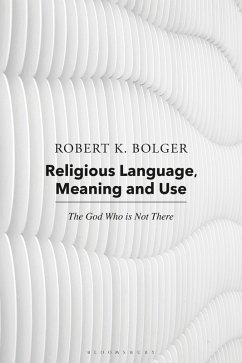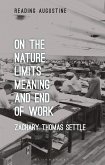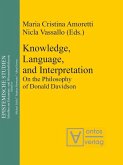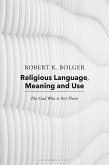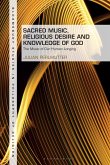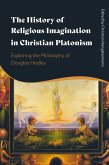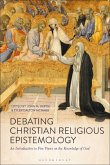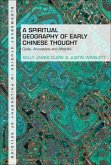Can the meaning of religious language be separated from its use? In Religious Language, Meaning, and Use, Robert Bolger and Robert Coburn address what has become a contentious though often overlooked account of the relationship between religious belief and religious practice. Through philosophical argumentation and by means of a variety of sermon-like essays on religious topics, this book seeks to return religion to the place in which the meaning and practical impact of its beliefs become inseparable from the life of the believer.
Part I begins by considering, through the loose lens of Wittgenstein's philosophical method, how religious language has been misunderstood leading straightway to a variety of challenges and conceptual confusions. Part II presents previously unpublished essays written by Robert C. Coburn who has, for over 50 years, been at the forefront of the study of metaphysics and philosophy of religion.
Making a compelling case for a religious practice that avoids trivializing religious belief, this book promises to be a corrective to those who see faith as nothing more than ethics in disguise and to those metaphysicians who see faith as a set of beliefs.
Part I begins by considering, through the loose lens of Wittgenstein's philosophical method, how religious language has been misunderstood leading straightway to a variety of challenges and conceptual confusions. Part II presents previously unpublished essays written by Robert C. Coburn who has, for over 50 years, been at the forefront of the study of metaphysics and philosophy of religion.
Making a compelling case for a religious practice that avoids trivializing religious belief, this book promises to be a corrective to those who see faith as nothing more than ethics in disguise and to those metaphysicians who see faith as a set of beliefs.

